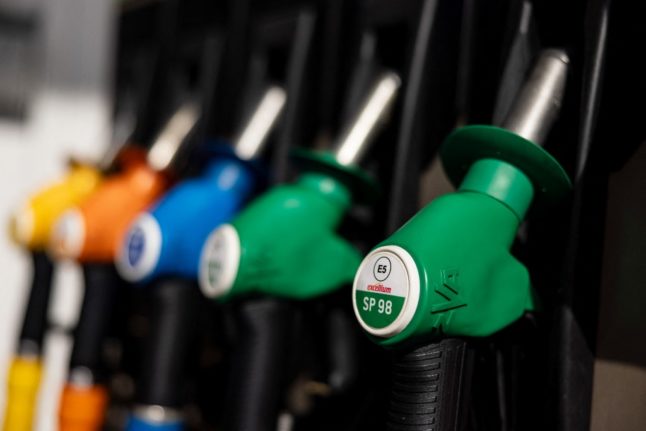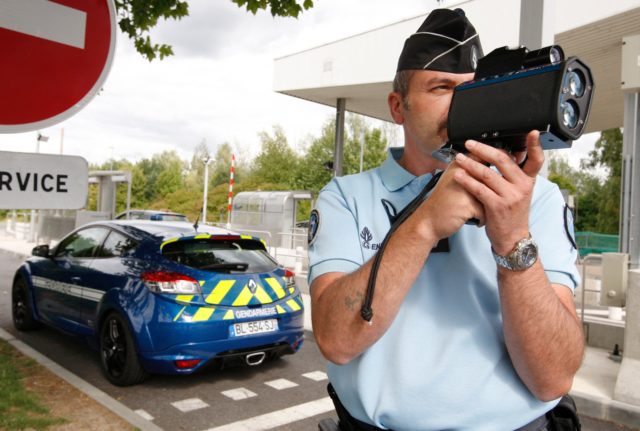French President Emmanuel Macron announced rough plans for a new fuel subsidy, which “could reach up to €100 per year”, to help motorists deal with rising fuel costs.
The measure is set to be introduced in the 2024 budget, meaning it won’t come into force until next year. Some have estimated it’s likely cost to state coffers to be around €450m – €500m.
Whilst no details have been officially confirmed French media report that the average qualifying motorist would save €0.20 per litre over a six month period as a result of the new ‘fuel cheques’.
Who could benefit?
French media reports, citing sources at the French Finance Ministry Bercy, claim the subsidy – as with the last one introduced in 2023 – will be reserved for people who need to use their car to get to work.
Reports say fuel cheques will only be distributed to the 50 percent lowest earners in France, which likely means individuals who earn less than €1,314 net per month, couples with one child who take in less than €3,285 net per month, families with three children earning less than €5,255 net per month.These income brackets are however susceptible to change.
The government has yet to release details on how the new fuel cheques can be claimed. But when a similar subsidy was introduced in 2023, individuals could claim their cheque via the online tax portal (impots.gouv.fr) on condition that they provided license registration details and a sworn statement declaring that the vehicle was used for professional purposes. Payments were sent via bank transfer and generally took 8-10 days.
As the measure would be part of the upcoming budget bill, it would not be handed out to households until 2024.
How is this different from the 2023 fuel subsidy?
The fuel cheque introduced in 2023 was delivered on a one per household basis.
But finance ministry sources indicate that the new subsidy will be administered on an individual basis, meaning for a household that has two adults who both use vehicles to get to work, then they can claim the cheque for both vehicles.
Other measures
As for other government plans to help motorists with rising fuel costs, the Prime Minister Elisabeth Borne has previously said the government would pass legislation to allow fuel distributors to sell at a loss, which is normally outlawed in France due to protection for small and independent businesses.
However, large distributors such as Carrefour, Leclerc, Intermarché, Système U, Casino and Auchan, all refused the government’s plan and said they would not sell fuel at a loss. This includes TotalEnergies, who controls around a third of French fuel stations and had already agreed to cap petrol per litre to €1.99.
In explaining why fuel prices have been rising, Macron said: “We are paying for our dependence. Since the beginning of 2023, the price per barrel of oil has risen around a third and that’s going to continue (…)The increase for this is not tax-related. It has to do with geopolitics.”
READ ALSO: The key points of Macron’s pledges



 Please whitelist us to continue reading.
Please whitelist us to continue reading.
Member comments